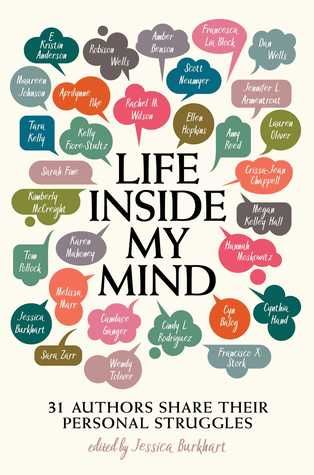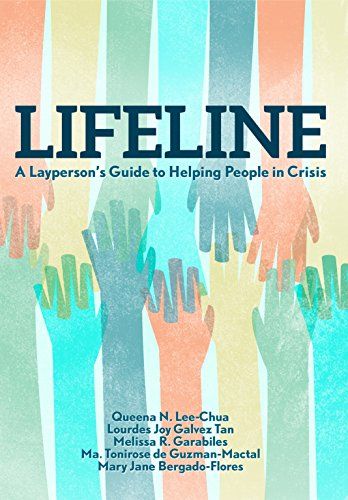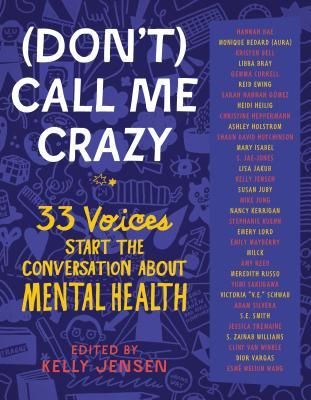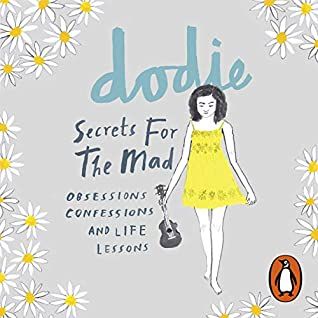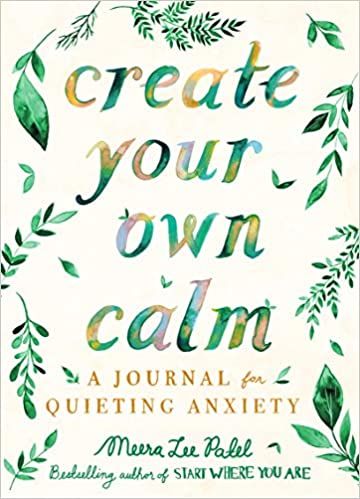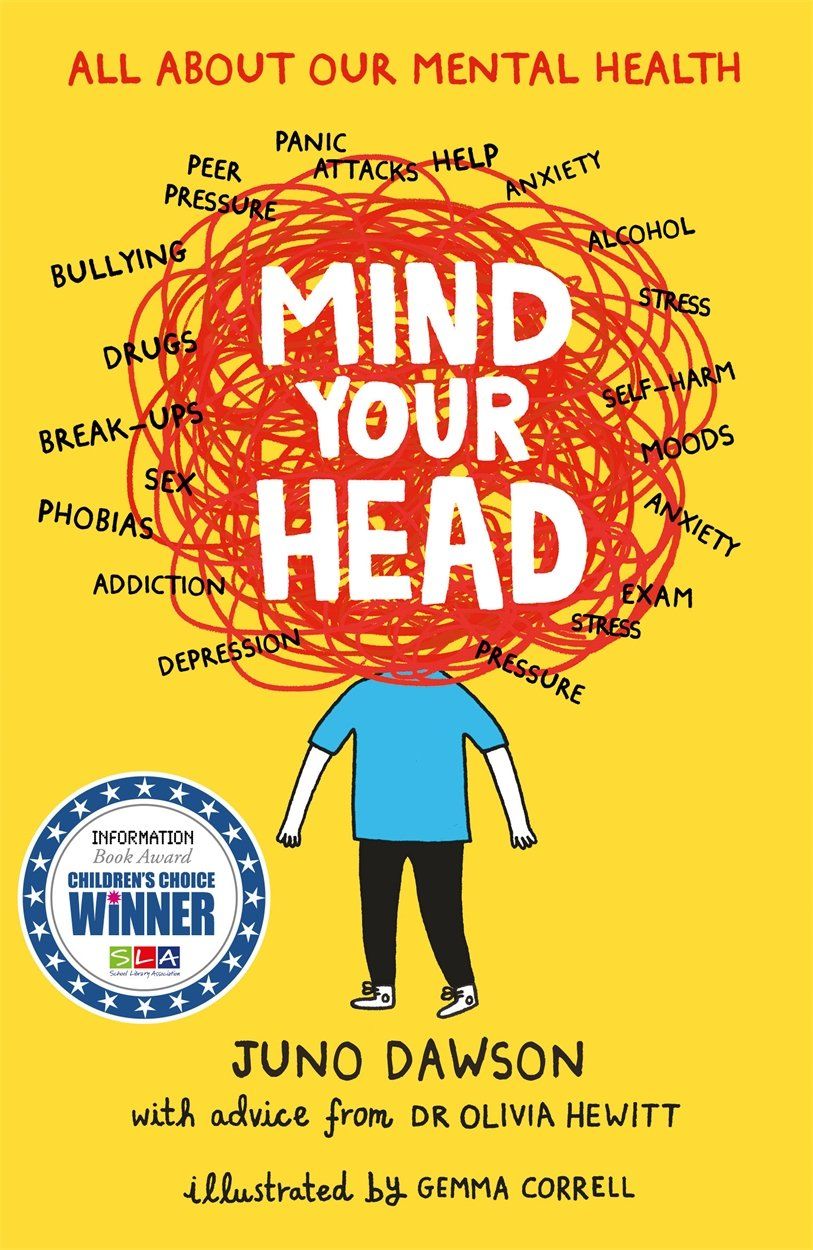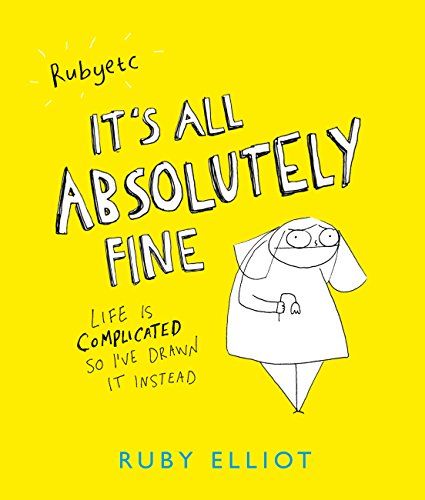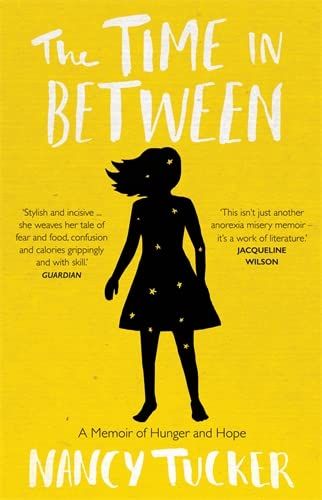Mental health has become an active part of conversations now. People are a lot more aware that mental struggles not only valid but also occur more frequently than we realize. However, the conversation is still being had in hushed tones and careful whispers. There is still stigma and shame surrounding the anguish in our minds. This can make it hard to normalise mental illness and feel comfortable reaching out for help. Whatever you’re going through, it helps to try to meet yourself with kindness and compassion. Although it can be really hard to cultivate that habit, I think a keen awareness of the underlying issues can aid the process. A good way to do this can be engaging with the work of people who have gone through similar mental struggles as you have. Reading about how they are more than their mental illness and how they let themselves see that can lend us courage. It can also help people around us get a better grasp on what we’re going through. Whether you’re a teenager who has been struggling with feeling mentally healthy, or one who wants to understand better some of the problems your peers face, I hope you find something worthwhile in this list of books. I would recommend considering therapy as a tool when things start to feel too out of your control. Seeking professional help can often be a step towards getting better. You can also pick up these books to increase your awareness and understanding of these concerns. They would’ve made so much difference if I came across them during my teenage years. However, they’ve contributed to my mindfulness even now. Reading them has increased my capacity for compassion towards some angst-filled teenagers and a lot of still-angsty adults. So many of us are trying to work through our troubles, and a little acknowledgement can go a long way. All of the books recommended above have trigger warnings that you should look out for before reading them. We have all been in a place where we really wanted to help someone in their time of need, but did not know how. This book tries to help us navigate these difficult conversations. It gives us a lot of practical pointers on how to approach and attempt to help someone who is struggling mentally. It is, however, reiterated often that these conversations are not a substitute for professional help. They simply act as first aid to put the person at ease. The book also tells you ways in which you can refer vulnerable teens to trained professionals. It’s edited by a fellow Book Rioter, and some of its contributors are Book Rioters too. Each essay offers something raw, unique and helpful. There are also wonderful lists of resources following some of the essays. I’d wholeheartedly recommend this book to anyone looking to increase their understanding of mental illnesses. Meera Lee Patel creates the most gorgeous guided visual journals. Even flipping through them and pausing at some of the watercolour illustrations feels calming. Add to that the ability to self-soothe by examining your thoughts, and you’ve got yourself a safe space! I hope penning down your worries helps your teenage self the way it helped me. I came across a lot of reviews mentioning how triggering it was to read this book. I would like the reader to keep that in mind if they have a history with eating disorders and decide to pick it up. For more mental health nonfiction for teens, check out these wonderful resources: 50 Must-Read YA Books About Mental Illness, Powerful and Authentic Books About Depression To Better Understand The Illness and 100 Must-Read Books About Mental Illness.
